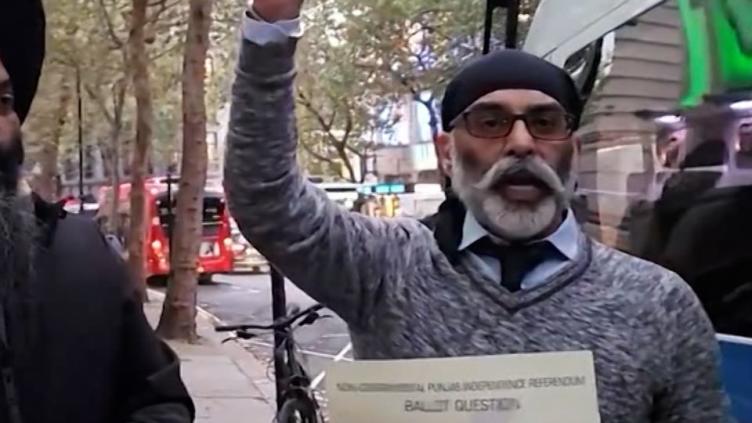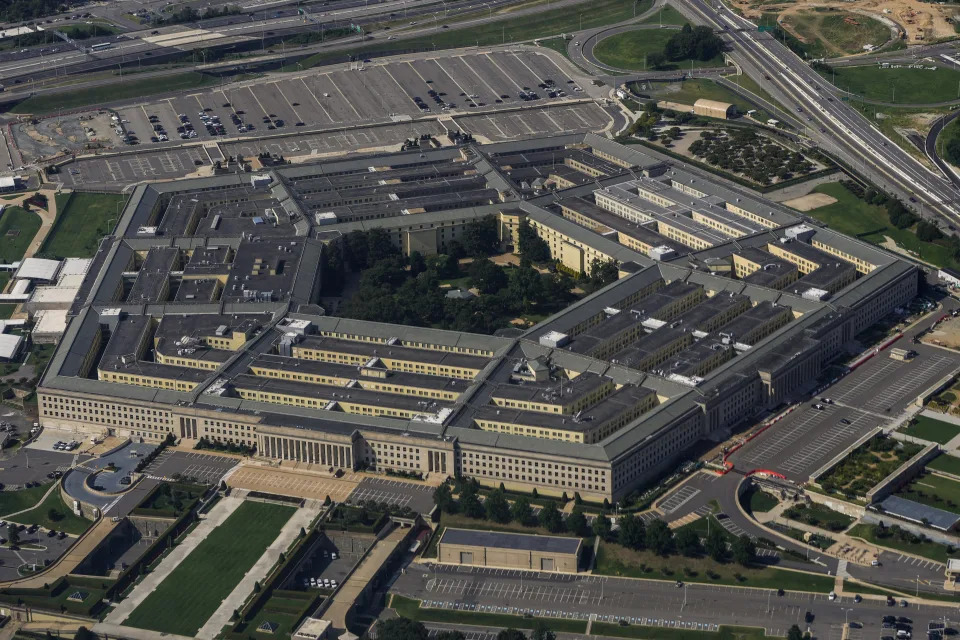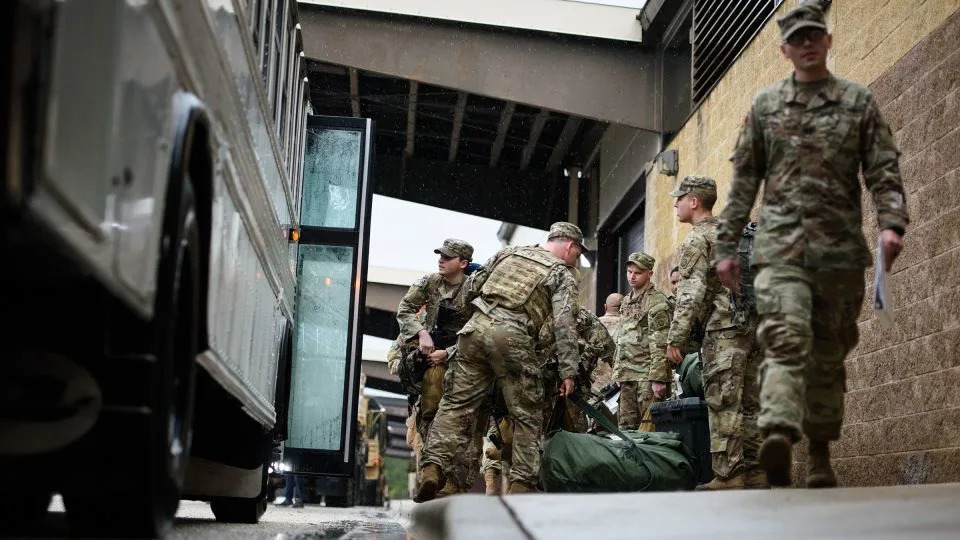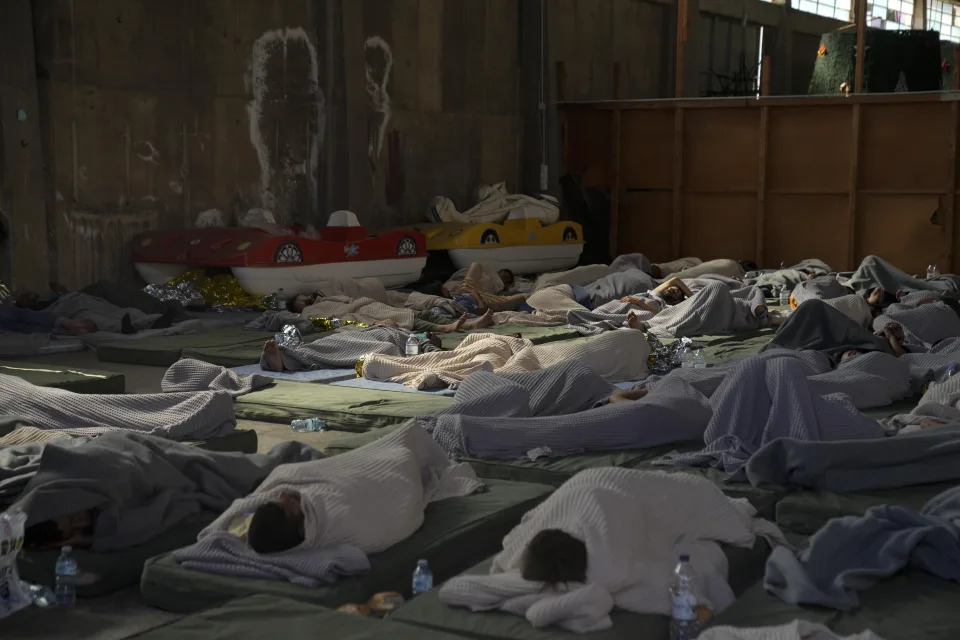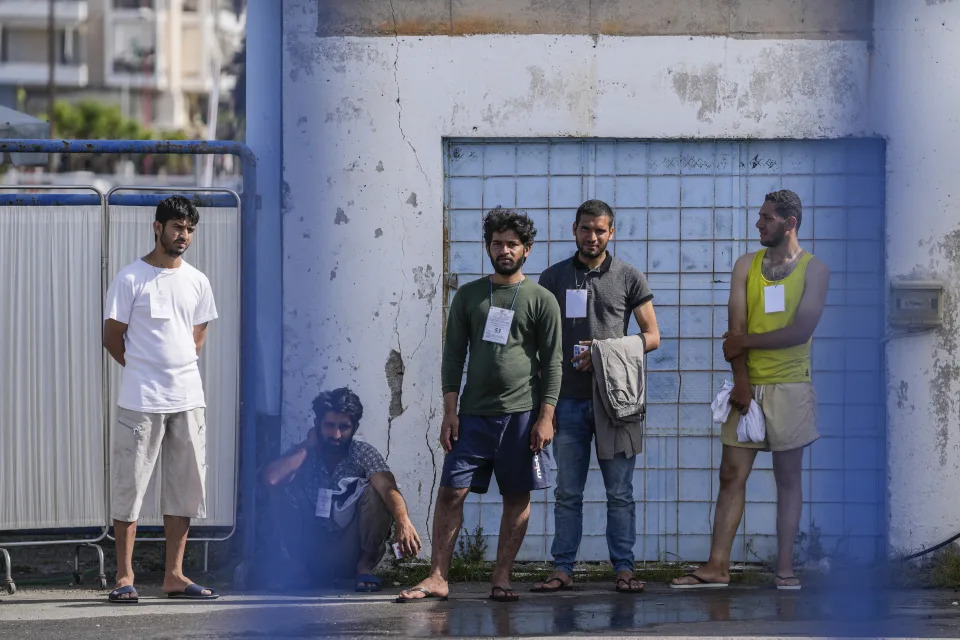
a photo essay, please click here
Taiwan's last generation to fight China
The Wider Image: Taiwan's last generation to fight ChinaAnn Wang and Ben Blanchard
TAOYUAN, Taiwan (Reuters) - Sun Kuo-hsi vividly remembers the chaos of the final years of the Chinese civil war and the government forces he fought for collapsing in front of Mao Zedong's Communists, forcing him to flee by boat to Taiwan in 1949 in a perilous eight-day crossing.
"There was no dock; everyone was splashing around in the water," Sun, 110, told Reuters in his government-run veterans care home in the northern Taiwanese city of Taoyuan.
"Talking about it with young people now, they've not been through that time, they don't care, say it's in the past. Nobody listens," said Sun, one of the last generation in Taiwan to have fought against China and experience war.
Although the defeated Republic of China government fled to Taiwan more than seven decades ago and remains there to this day, there was never a peace treaty to end the war with the People's Republic of China. Neither government recognises the other.
During the past four years, China has ramped up its military pressure against the island it claims as Chinese territory, including staging two rounds of major military exercises, stoking fears of a war that could drag in the United States.
Those tensions dominate campaigning in the run up to Taiwan's Jan. 13 presidential and parliamentary elections.
The main opposition party, the Kuomintang (KMT), whose government fled China in 1949, has cast the poll as a choice between war and peace - a line Beijing has echoed.
The ruling Democratic Progressive Party (DPP), which champions Taiwan's separate identity from China and says only Taiwan's people can decide their future, has angrily rejected that framing as scaremongering, saying nobody wants war.
Someveterans of Taiwan's last battles with China - fighting over the Taiwan-controlled island of Kinmen in 1958 - say they remember the horrors of conflict all too clearly.
Yin Te-chun, 93, fought for China in the 1950-53 Korean war but was captured by United Nations forces.
To show his fervent desire to be sent to Taiwan when the war ended, he, like many others, tattooed himself with phrases such as "storm the bandit strongholds" - a reference to the Chinese Communists - and "kill Zhu", the Chinese army chief.
Yin also fought against China when it attacked Kinmen, just offshore of the Chinese city of Xiamen.
"I don't know whether there'll be fighting again," he said. "It's up to the DPP. If they keep going like this maybe there really will be."
China dislikes the DPP, calling them separatists, and has rebuffed repeated offers of talks. The party's presidential candidate, Vice President Lai Ching-te, is leading in the polls.
'WAR IS CRUEL'
Sun and many other veterans who cling closely to their Chinese identity do not represent mainstream Taiwan society, who overwhelmingly view themselves as Taiwanese and not Chinese, according to polls.
"There is certainly a generational shift; the older generation was a little more likely to be for unification and the younger generation a lot less likely," said Sung Wen-Ti, a political scientist at Australian National University's Taiwan Studies Programme.
"The younger people tend to have a separate, almost distinct, Taiwanese national identity as opposed to a more Chinese national identity," he added. "So, in that sense, the trendlines on support for unification is a downward one."
Taiwan's veterans department does not keep exact numbers on how many soldiers who fought against China are still alive. As of last year it lists about 56,000 male veterans aged 85 and above, who would have been old enough to fight in that war.
The veteran's home in Taoyuan is surrounded by mementoes of past conflict, including an old fighter plane and a tank flaking its entrance.
A large statue of former president Chiang Kai-shek, reviled by many Taiwanese as a despot but revered by others for fighting Mao's Communists, stands in the courtyard where the veterans exercise or are pushed about in wheelchairs.
Wang Chih-chuan, 93, also a Korean war prisoner who came to Taiwan and eventually fought in Kinmen, joined the Chinese army when he was 13.
"When I joined up I was press-ganged. In the civil war, if they couldn't get adults they'd get children," he said. "To this day I don't want to watch war on the television. War is cruel, callous."
(Reporting by Ann Wang and Ben Blanchard; Additional reporting by Angie Teo and Fabian Hamacher. Editing by Gerry Doyle)




